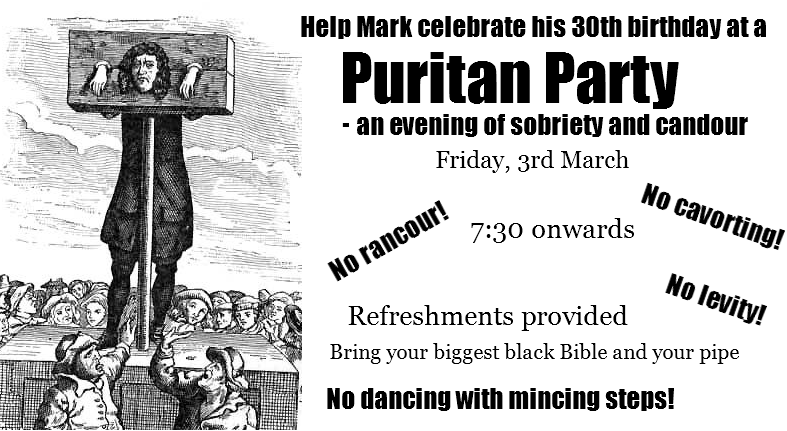Here’s a recording of a song I wrote towards the end of last year. It is themed on John the Baptist, and was inspired by reading the early chapters of John’s gospel and Bruce Milne’s BST commentary on John. I love the way that John the Baptist so humbly pointed away from himself and directed all attention to Jesus.
It can be downloaded or streamed from my SoundClick site here.
The Lyrics
Don’t look at me, there’s nothing to see
I’m just a voice in the wilderness, crying “Get yourself ready”
Don’t stick with me, I’ve got nothing more to say
I’m just a friend of the bridegroom – it’s not my wedding day
Don’t trust in me, but listen to God’s word
I saw a dove descend from heaven, and this is what I heard
“This is my Son, my beloved One”
Listen to him, listen to him
This is the One, God’s Anointed One,
Come follow him, come follow him
Verse 2
Come and repent, and be baptised with fire
Don’t be content drinking water, when you could be drinking wine
Come to the light, come and see his glory
Don’t miss the most important person, in the whole of history
Come and believe, grasp the promise of new life
This is the one the prophets spoke about; he’s right before your eyes
Chorus 2
This is the Lamb, taking the sin of man
Have faith in him, have faith in him
This is the Word, creator of the world
Come worship him, come worship him
The mission of my life’s complete:
I’ve seen and testified
Now my ministry can fade away
But but let him be glorified
Recording
Recording was done in SONAR 5, and this was the first track I made since purchasing Project5 which gave me the use of the Dimension sampler.
Vocals – Unfortunately its me again singing. I needed to make use of the SONAR take comping features to piece together sections that sounded OK. Quite a lot of compression was needed as well as some gain automation to get the levels a bit more even. I used a Sonitus EQ and Kjaerhus Classic Reverb, and of course my Kjaerhus GUP-1 which is my favourite compressor.
Choir – The ‘aah’ choir after the bridge is made up of 5 of me, plus the GM choir from Hypersonic (due to the fact that my lowest and highest harmony parts both sounded rather ropey).
Acoustic Guitar – I still struggle to get a good recorded sound out of my Yamaha APX-4. I recorded both with my Senheisser Evolution e845 mic and direct using the pickup. I went with the direct sound in the end, with a bit of EQ and Reverb added.
Piano – I made use of my very own sampled piano library played back through Dimension during the recording process, so I didn’t need to keep turning on my P200 and adjusting the levels every time I wanted to work on the song. I found the SONAR’s nudge feature to be invaluable for cleaning up the timing of the piano without making it sound quantised. Before mixdown, I sent the MIDI back to the P200 and recorded the output, with the reverb from the piano on. I needed to cut some low frequencies as well to help it cut through the mix.
Drums – This was my most ambitious drum setup to date. I used six instances of Dimension each loaded with the nskit_7 free samples, and used a drum map to send kick, snare, toms, hats, ride and crashes to their own instance, to be compressed and EQed separately. I used another instance of Kjaerhus Classic Reverb for the drums. The drum patterns themselves were programmed based on some ideas I played on my acoustic kit. I’ve now sold that kit and replaced it with an electronic one which I can record MIDI from, so hopefully future drum tracks will benefit from some increased realism.
Electric Guitar – I used my Behringer V-Amp 2 for providing amp simulations for all the guitar parts. I did also make some unprocessed recordings, but found that my software amp sims were quite processor intensive and didn’t produce as good results. I spent so long trying out different ideas for the guitar solo that I ended up with a blister on one of my fingers, and so I never got a chance to attempt to improve on the recorded take of my final idea.
Bass – Bass was just my Yamaha RBX-270 DIed with some compression. I think it cuts through the mix quite nicely.
Synth – I used an arpegiatted patch from Hypersonic in the outro.
Mastering – I used Voxengo’s excellent free Span plugin to help me with my EQing the various tracks. For final mastering I used the Sonitus Multi-Band compressor for the first time which I have to say I am very impressed with.



